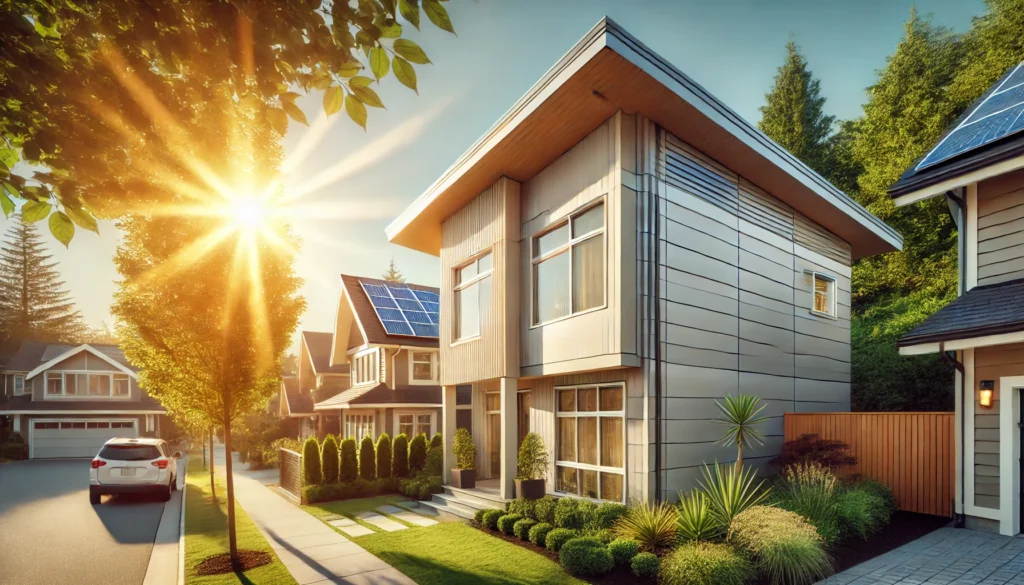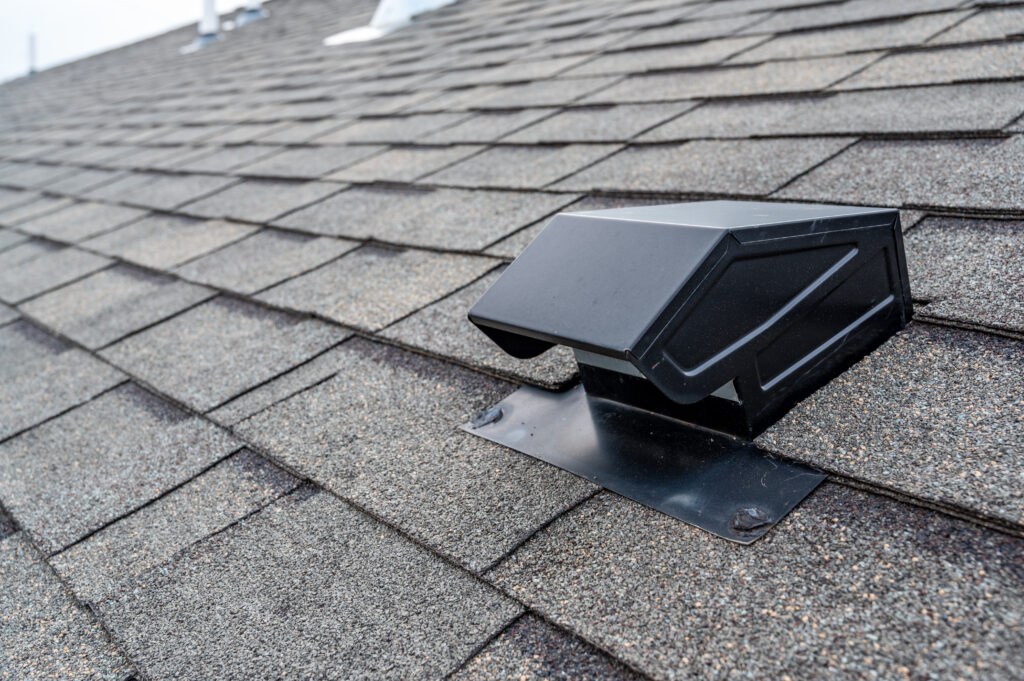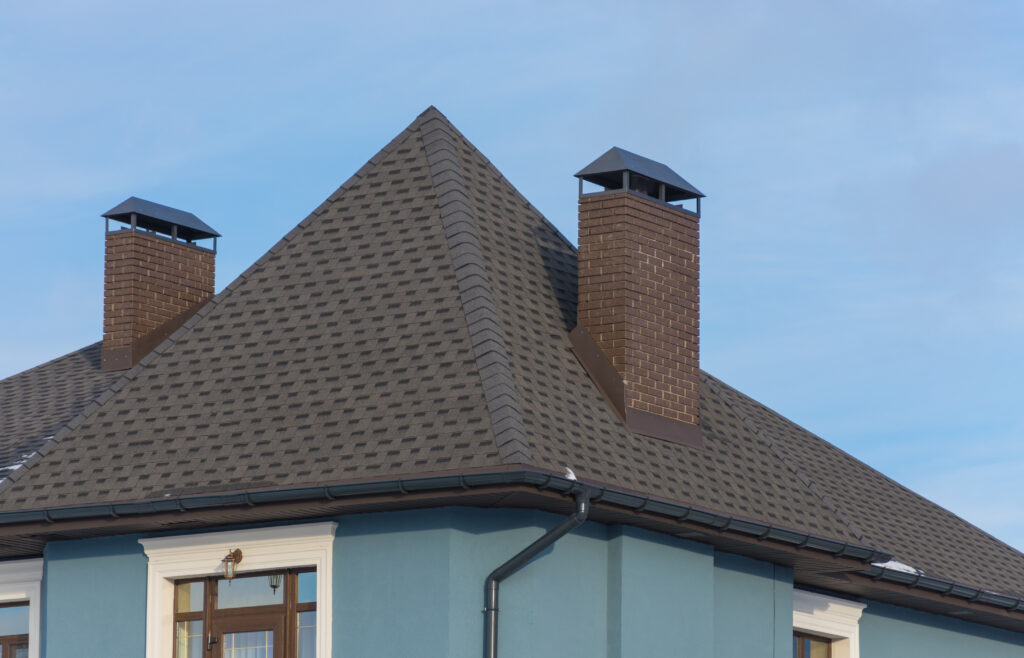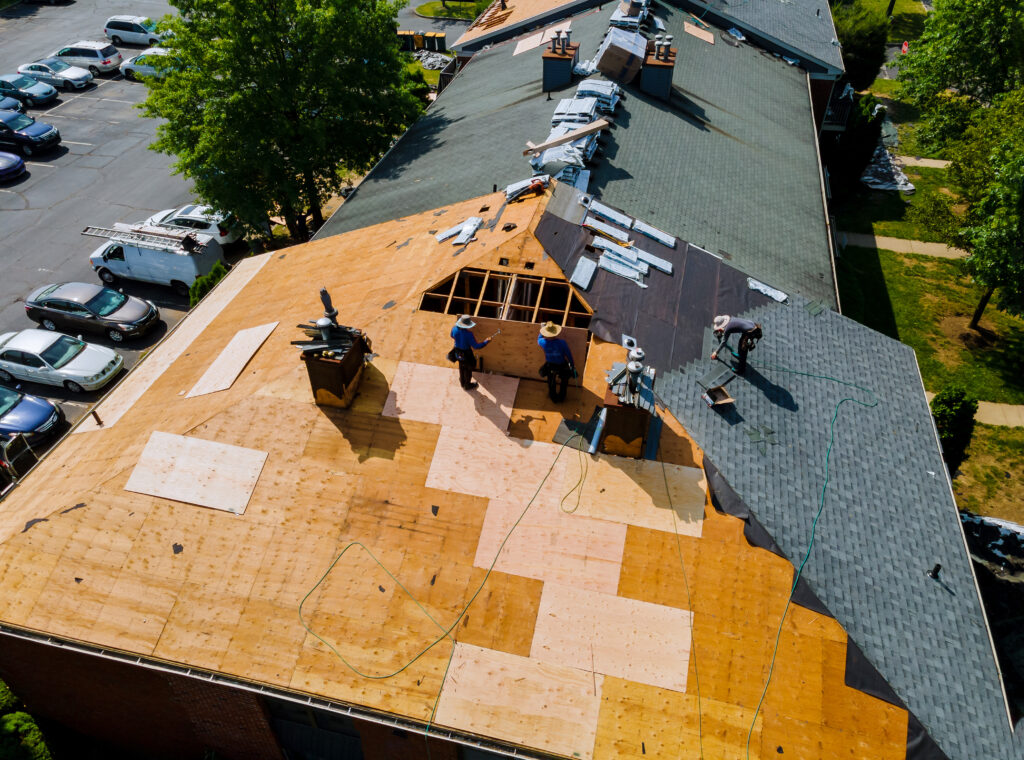Making a home more energy-efficient involves considering very important factors. Among the considerations for making your house have that curb appeal is your siding. Besides the aesthetic aspects of your house, its siding plays a critical role in regulating the interior temperatures.
During winter or summer, your siding helps maintain a stable indoor climate, minimizing the need for constant heating or cooling. This is beneficial not only for your comfort but also for your energy consumption, which in turn lowers your utility bills.
Proper quality siding ensures insulation as well as a home that isn’t exposed to many external weather conditions. So, with less loss in energy, this reduces your heating and cooling costs but makes your house warm and cozy. Proper quality material and installation of the siding play an important role for this to happen, therefore the proper choices in siding material as well as its correct installation turn out to be the key to assuring long-term energy efficiency.
This article will delve deeper into the functions of energy-efficient siding, its benefits, and why updating your siding can be a wise investment for your home’s comfort and wallet.
Functions of Energy-Efficient Siding
Energy-efficient siding serves purposes more aesthetic than just mere appearances. It comes with a few practical advantages, such as better insulation, less leakage of air, good management of moisture, and much-increased durability.
Here are a few of the most significant functions of energy-efficient siding
1. Better Insulation
Energy-efficient siding improves your house’s insulation, which is important for keeping warm in winter and cool during summer. In winter, cold temperatures can penetrate through your house, while the summer heat can make the house warm. Insulated siding helps to reduce these shifts in temperature by preventing the transfer of heat.
Additional layers of protection from materials that include insulated vinyl, fiber cement, and other advanced siding materials make your home better protected. This extra layer of protection means that your heating system has less work to do through the winter months and is less reliant on air-conditioning systems during the warmest summer months. This gives you a more comfortable house with reduced energy bills.
Apart from better energy efficiency, quality siding keeps your indoor environment warm and constant to improve energy usage and decrease your carbon footprint.
2. Fewer Air Leaks
Over time, the siding may deteriorate, which would cause cracks and gaps around the exterior of your house. Such openings let the warm air out in the winter and cool air in the summer, while drafts of outdoor air come into the house. Consequently, the heating and cooling systems work extra hard to maintain a steady temperature, and your bills increase accordingly.
A snug siding installation will seal these holes and gaps, preventing them from leaking air. Modern siding products are made to fit more snugly and sometimes even include extra insulations. This seals the home from outside air and doesn’t allow the inside to leave, making your home as energy-efficient as possible.
The tighter the fit is the less likely for leakage and, therefore, is highly likely to be energy-efficient for a home. As a result, you’ll save money on heating and cooling costs while improving your home’s overall comfort.
3. Moisture Management
The other major advantage of siding is moisture management. Quality siding protects your house from rain, snow, and humidity that cannot seep into your walls. Moisture in your walls may cause mold and mildew to grow, which can compromise the structural integrity of your house and cause health problems like respiratory issues.
With energy-efficient siding, you prevent the water from entering the inner walls of your house. This keeps your house dry and minimizes the chance of mold and mildew. Preventing moisture damage also saves you a lot of money in repairing your house, so investment in energy-efficient siding will be worth it in the long term.
4. Resistance to Damage Increased
Energy-efficient siding materials are weather-resistant. Some of the most durable siding options include fiber cement, vinyl, and metal, which can withstand heavy rain, strong winds, and extreme temperatures. These materials will not rot, warp, or be damaged by pests, unlike traditional wood siding, which is vulnerable to these forms of damage.
The good quality, durable siding does not require much repair and replacement, which saves much money on maintenance costs. Also, durable siding makes it sustainable because it is going to last longer, hence waste will be reduced. Durable materials ensure long-lasting protection for your house’s exterior, which will never need much repair for several years.
5. Increased Home Value
Another benefit of energy-efficient siding is that it will increase the resale value of your home. Homebuyers today are more likely to look for homes with energy-efficient features, as they seek ways to cut their long-term utility costs. Energy-efficient siding, which lowers heating and cooling bills, is very attractive to prospective buyers.
The market values are usually higher for houses having superior insulation, less leakage, and protection from moisture through modern siding materials. Upgrading from your current siding with energy efficiency will make your home look more attractive to prospective buyers and enhance its resale value because it is a competitive advantage in the market.
6. Environmental benefits
Upgrading to energy-efficient siding also offers significant environmental advantages. Energy-efficient siding enhances insulation and reduces the energy used in heating and cooling, making your home consume less carbon footprint.
With your home consuming lesser amounts of energy to warm and cool, your house produces fewer greenhouse gases into the atmosphere, which helps curb climate change. Moreover, most energy-efficient siding materials are recycled or composed of eco-friendly elements, which decreases their impact on the environment.
Conclusion
Upgrading to energy-efficient siding offers many benefits besides improving the curb appeal of your home. This comprises better insulation, fewer air leaks, management of moisture, and increased durability, which all contribute towards lower energy bills, a greater comfort level, and a reduced environmental footprint.
Consider speaking to professionals who can lead you to the best options concerning the materials and method for installation, depending on the budget and needs for improving your siding. Energy-efficient siding would always be a financially smart investment, though, and save you money in the long run.
Boost your home’s energy efficiency with quality siding from Tristate Exteriors! Our expert team can help you choose and install siding that not only enhances your home’s curb appeal but also provides better insulation, reducing energy costs year-round.
🌟 Ready to improve your home’s energy efficiency? Checkout Tristate Exteriors today to learn more about our siding options and schedule your consultation. Let us help you keep your home comfortable and energy-efficient!




